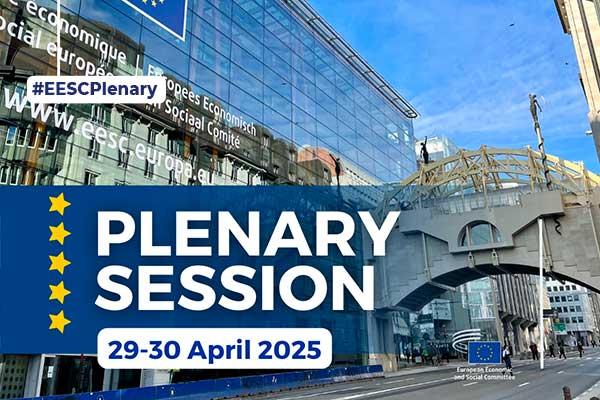Understanding the Role of Plenary Sessions

The Significance of Plenary Sessions
Plenary sessions play a crucial role in various sectors, including politics, education, and conferences. These sessions provide a platform for open discussion and decision-making, allowing all members or participants the opportunity to engage with key topics. In recent years, the importance of plenary meetings has been highlighted due to the need for collaborative approaches in addressing complex issues.
Plenary Sessions in Political Contexts
In political institutions, plenary sessions are where members of legislative bodies convene to debate and vote on important legislation. The recent plenary session of the UK Parliament focused on the proposed changes to environmental regulations, reflecting a growing concern among lawmakers about climate change impacts. Such plenary discussions allow for diverse viewpoints to be heard, facilitating informed decision-making.
Educational Relevance
In the realm of education, plenary sessions are integral to conferences and workshops. They provide an opportunity for educators to share innovative ideas, research findings, and best practices. For instance, at the recent International Education Conference, plenary sessions featured renowned speakers discussing the future of remote learning post-pandemic. The exchange of ideas during these sessions fosters collaboration and can lead to the development of new educational frameworks.
Recent Developments and Events
This year, numerous plenary sessions have been organised around critical global issues such as public health and international relations. For example, the World Health Assembly recently held a plenary session focusing on global vaccination efforts, aiming to address the disparities seen during the pandemic. The outcomes from these discussions are anticipated to shape health policies and priorities moving forward.
Conclusion and Future Outlook
As the world continues to evolve, the significance of plenary sessions cannot be overstated. They not only provide a democratic space for discussion but also drive forward essential policy changes and innovative practices in various fields. Looking ahead, it is expected that the frequency and importance of plenary gatherings will increase, especially in light of ongoing global challenges that require collaborative solutions. Engaging in plenary discussions allows stakeholders to navigate complex issues, ensuring that collective efforts lead to effective outcomes.









